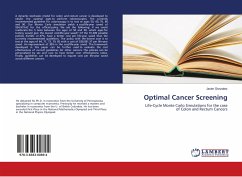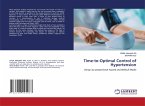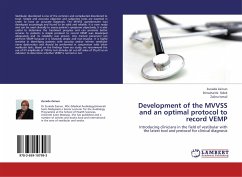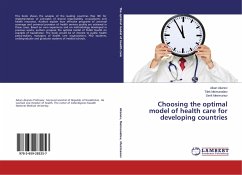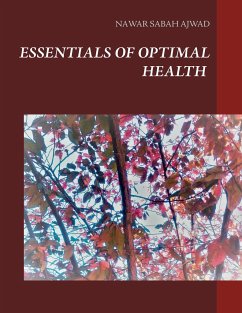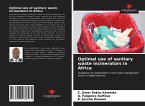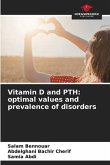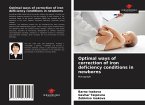A dynamic stochastic model for colon and
rectum cancer is developed to obtain the optimal ages
to perform colonoscopies. The currently recommended
guideline for colonoscopy is to test at ages 50, 60,
70, 80 and 90. Our Monte Carlo simulation yields a
cost/life-year saved of $54,919.62 for the official
policy. We ask the following: if we could reallocate
the 5 tests between the ages of 50 and 90, which ages
for testing would give the lowest cost/life-year
saved? Of the 91,309 possible policies 43,026, or
47%, have a better cost per life-year saved than the
currently recommended guidelines. The policy with the
lowest cost is to test at the ages of 64, 71, 73, 79,
85 with a cost of $38,081.37 per life-year saved. An
improvement of 30% in the cost/life-year saved. The
framework developed in this paper can be further used
to evaluate the cost effectiveness of current
guidelines for other cancers. The policies can be
personalized by sex and race to have better cost-
effectiveness ratios. Finally, guidelines can be
developed to equate cost per life-year saved across
different cancers.
rectum cancer is developed to obtain the optimal ages
to perform colonoscopies. The currently recommended
guideline for colonoscopy is to test at ages 50, 60,
70, 80 and 90. Our Monte Carlo simulation yields a
cost/life-year saved of $54,919.62 for the official
policy. We ask the following: if we could reallocate
the 5 tests between the ages of 50 and 90, which ages
for testing would give the lowest cost/life-year
saved? Of the 91,309 possible policies 43,026, or
47%, have a better cost per life-year saved than the
currently recommended guidelines. The policy with the
lowest cost is to test at the ages of 64, 71, 73, 79,
85 with a cost of $38,081.37 per life-year saved. An
improvement of 30% in the cost/life-year saved. The
framework developed in this paper can be further used
to evaluate the cost effectiveness of current
guidelines for other cancers. The policies can be
personalized by sex and race to have better cost-
effectiveness ratios. Finally, guidelines can be
developed to equate cost per life-year saved across
different cancers.

